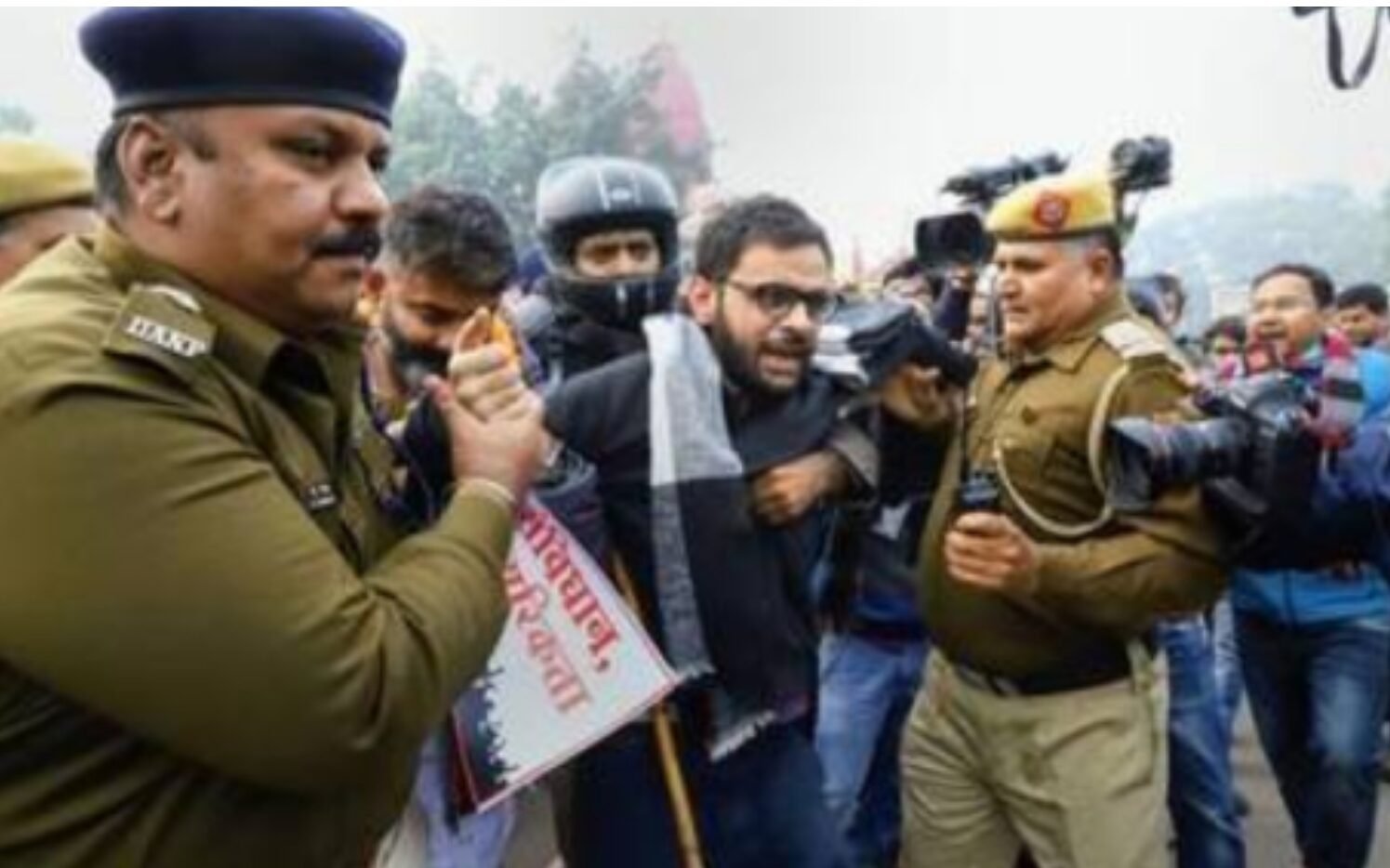
If the anti-Mandal protest is Casteist, anti-CAA protest is undoubtedly both Communal & Casteist.
A special write up from one of our contributors, Bodhi
If the anti-Mandal protest is Casteist, anti-CAA protest is undoubtedly both Communal & Casteist. The author doesn’t believe in this game of labelling. The sole purpose of this article is to nudge both protestors and supporters to indulge in a more informed & civilised debate.
It is not for the first time, India is witnessing protests around the question of a person’s identity. It is also not the first time Article.14 has been contested by the common people in streets, educational institutions or in the Courts alike. At the end of the day, it is everyone’s Constitution & everyone can take sides.This article would take you back to the events of 1990s that followed the approval of Mandal Commission(which introduced Reservation System) and compare how the present day anti-CAA protests are a reiteration of the same ideas based on which the implementation of Mandal Commission was opposed.
Before proceeding further, let us quickly look at the important changes that has been brought in by the CAA :
- The act makes any person belonging to Hindu, Sikh, Buddhist, Jain, Parsi or Christian community from Afghanistan, Bangladesh or Pakistan, who entered into India on or before the 31st day of December, 2014 (..and other conditions..) not be treated as illegal migrant for the purposes of CAA.
- The eligibility criteria for any person belonging to Hindu, Sikh, Buddhist, Jain, Parsi or Christian community from Afghanistan, Bangladesh or Pakistan, who entered into India on or before the 31st day of December 2014, to apply for Citizenship has been changed to the effect that ; the aggregate period of residence has been reduced to 5 years in place of 11 years (normal case).
A plain reading of the above sections would indicate that, the CAA does not automatically grant citizenship to certain communities, and that it only changes the eligibility criteria for obtaining Indian citizenship for individuals from certain religious communities who have come to India from three neighbouring countries of Pakistan, Afghanistan & Bangladesh. ie. at the most, CAA can be said to be nothing more than an amnesty scheme for the people belonging to the above mentioned category. To the question of why the above mentioned categories are given such “special care” ; the statement of objectives to the CAA unequivocally & rightly points its fingers to the phenomenon of “religious persecution” faced by the said category of people in the facist theocracies of Pakistan, Afghanistan & Bangladesh.
With this background, let us come to the crux of this article. It was the year of 1990, the then PM VP.Singh announced his government’s intent to implement the recommendations of Mandal Commission report. It was swiftly followed by widespread student protests (instigated by the then opposition parties). It touched a low point when a Delhi University student Rajeev Goswami immolated himself.
Countless articles have been penned ,drawing parallels between the students protesting against CAA with that of the protests led by JP against Mrs.Indira Gandhi. A right and appropriate parallel would however be with the anti-Mandal protests by the students; not just because in both cases the students protesting have been instigated to do so based on fear mongering by the Political parties or the Civil Society Organisations, but also because of the kinds of demands & objections being raised. More importantly because, both of the protesters(anti-Mandal & anti-CAA) are neither at the receiving end of the evil sought to be curtailed (caste & religious persecution) nor do they loose any rights conferred to them by the law of this land.
Let us now see the cliched arguments by the anti-Reservationists & see how that exactly fits with arguments raised by anti-CAAites.
Argument 1 : How can there be state policy based on “Caste”. It will only strengthen the Caste identities.
ie. They want a policy to address discriminations based on Caste identity to be Caste blind.
Argument 2 : Reservation per se is not bad, but what about “poor” Brahmins?
ie. They indeed love the fruits which belongs to the deprived sections but, since their brother didn’t get a share, they would oppose it tooth and nail.
Now jump to 2020 anti-CAAites – They too want the policy, which is framed to address Religion based persecution to be “Religion Neutral “ and they too say, since the fruits of the policy is not shared with their co-brothers (ex: poor Muslims; who are not affected by “Religious persecution”), they would anyway oppose it. Thus if anti- Mandal protests are casteist, anti- CAA is undoubtedly communal & casteist too; given the caste profile of those who have been subjected to the religious persecution in the said three countries
Can there be anyone who supports Reservation but oppose CAA ? Can there be any equality which doesn’t allow conferring special benefits to the deprived sections ? Or is it a case that , the definition of deprived sections would depend on your electoral considerations ? An India which shuts its doors to the Hindu, Sikh, Buddhist, Jain, Parsi or Christian community from Afghanistan, Bangladesh or Pakistan; facing persecution owing to her belief system is anything but liberal.
Before ending, I would appreciate the emotions of those fear mongerers also. Their fear is genuine. They fear whether the poor Bengali Hindu would get empowered, they fear whether the poor Bengali Hindu would ask a share of cheese & wine which they had last night, they fear whether the poor Bengali Hindu would freely & without fear practice her faith, & they fear whether the poor Bengali Hindu would grow on to question this privileged Indian.
(NB : When I say protesters, I exclude the misguided people & the blood boiled youth; for whom emotions is the prime driving force. Even though I expect them to be aware of facts vs fiction).
-Bodhi

